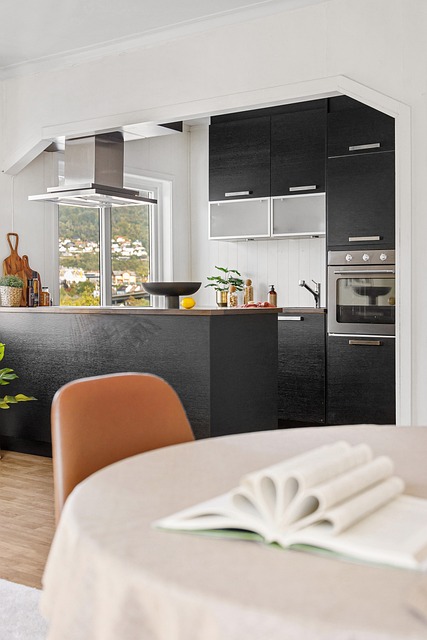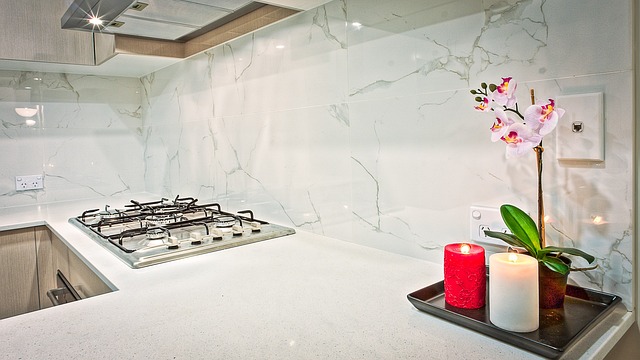When considering the purchase of an Executive Condo (EC) through the Build-To-Order (BTO) scheme in Singapore, it's crucial to understand the intricacies of the Resale Price Mechanism (RPM), which adjusts the lease duration of resale EC units. For instance, if your unit has more than 56 years left on its lease at resale, the remaining lease will be reduced to 56 years, with a further one-month deduction for each year beyond the first decade. This policy is designed to maintain the consistency of property value over time and can significantly impact the investment's long-term value. Additionally, when financing your EC purchase, you can use your Central Provident Fund (CPF) savings, but with specific limits: up to $120,000 or 75% of the flat's purchase price, whichever is lower. It's also important to be aware of the income ceiling and other eligibility criteria set by the government for EC BTO applicants, which includes a five-year waiting period if you previously owned a private property. The legal framework governing ECs ensures a stable housing market, with clear regulations that protect buyers and maintain fair practices across all transactions. This comprehensive approach to EC regulation and financing options helps ensure that your investment is secure and aligned with long-term financial planning.
Navigating the intricacies of Executive Condo (EC) ownership can be a prudent move for aspiring homeowners in Singapore. This article delves into the nuances of purchasing an EC, whether through Build-To-Order (BTO) or via resale. We’ll clarify the eligibility criteria for prospective buyers, outline the acquisition process, and explore financing options. Furthermore, understanding the Resale Price Mechanism and CPF utilization for ECs is crucial for a sound investment. Additionally, we’ll shed light on the legal framework that governs the resale market of ECs, ensuring you are well-informed before making this significant life decision. Whether you’re considering an EC BTO or looking to purchase an existing unit, this comprehensive guide will provide clarity and guidance.
- Understanding Executive Condo (EC) Ownership: The Basics of BTO vs Resale
- Eligibility Criteria for Buying an EC: Who Can Apply and How to Qualify
- The Process of Buying a New vs Resale EC: A Step-by-Step Guide
- Financing Your EC: Loan Options and Financial Considerations
- Resale Price Mechanism: How It Impacts Your EC Investment
- CPF Usage for ECs: What You Need to Know About Your Retirement Account Funds
- The Legal Framework: Regulations Governing the Resale of Executive Condos in Singapore
Understanding Executive Condo (EC) Ownership: The Basics of BTO vs Resale

When considering an Executive Condo (EC) as your home in Singapore, it’s crucial to understand the differences between purchasing a Build-To-Order (BTO) flat and opting for an EC through the resale market. An EC is a hybrid housing model designed for young couples or families with at least one Singaporean spouse, offering a more affordable alternative to private condominiums.
For new applicants, the BTO route offers a fresh opportunity to tailor your living space to your preferences, as these flats are brand new and developed based on the application for them. The Housing & Development Board (HDB) manages the BTO process, where successful applicants can select their preferred flat type, floor level, and even estate. Upon fulfilling the minimum occupation period (MOP), which is 5 years for ECs, BTO flat owners can choose to sell their flat back to the HDB or privatize their flat in the open market.
In contrast, the resale market provides an array of options that are immediately available for occupation. When purchasing a resale EC, buyers should be aware that the unit they are buying has a history and may come with pre-existing features and conditions. The resale market is less restrictive in terms of selection and timing, catering to those who prefer an existing property or require immediate upsizing due to family expansion. Resale ECs can only be sold on the open market, and they do not return to the HDB for re-balloting. This aspect makes resale ECs a more liquid investment compared to BTO flats. Both options offer unique advantages, and understanding the nuances of each will aid in making an informed decision that aligns with your personal needs and long-term goals.
Eligibility Criteria for Buying an EC: Who Can Apply and How to Qualify

Purchasing an Executive Condo (EC) in Singapore through the Build-To-Order (BTO) scheme is a popular housing option for young couples and families, offering a hybrid of public and private housing benefits. To be eligible to apply for an EC, prospective buyers must satisfy certain criteria. Firstly, applicants must be at least 21 years old, Singaporean citizens, and neither the applicant nor their spouse should currently own or have disposed of a flat by sale, exchange, or gift less than three years from the date of the application. Additionally, they cannot have any outstanding housing loans as at the date of application. Couples intending to apply must also not already be living with an adult child. For those who meet these prerequisites, the BTO process allows them to select a unit before it is built, providing an opportunity to secure a new home in a location of their choice. The Housing & Development Board (HDB) oversees the BTO scheme, ensuring that these homes are accessible and affordable for eligible applicants. By adhering to these eligibility criteria, applicants can successfully navigate the process of purchasing an EC through the BTO system, which is a structured approach designed to cater to the housing needs of Singaporeans at various stages of their lives.
The Process of Buying a New vs Resale EC: A Step-by-Step Guide
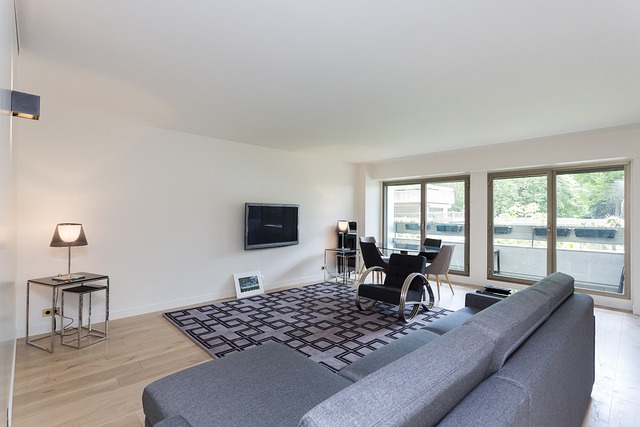
When considering the purchase of an Executive Condominium (EC) in Singapore, potential buyers have two main options: buying a new EC directly from developers or opting for a resale EC from the open market. Each path offers unique advantages and steps to follow.
For a new EC under the Build-To-Order (BTO) scheme, interested parties must first keep an eye on the Housing & Development Board (HDB) release dates for new EC sites. Once a site is launched, applications can be submitted through the HDB’s BTO exercise. Successful applicants will enter into a sale agreement with the developer and select their desired unit from those available. The purchase process involves selecting finishes for the unit, which may vary depending on the developer’s offerings. After obtaining the Temporary Occupation Permit (TOP), buyers can collect their keys and move in. The entire process from application to moving in can take several years, with a typical timeline of 3 to 4 years.
In contrast, purchasing a resale EC involves a different set of steps. Buyers can select from a range of existing units on the open market. This option allows for immediate occupation if the unit is vacant or if the current owners are moving out. The resale process begins with finding a suitable unit and negotiating with the seller on price and terms. Once both parties agree, a Sale and Purchase Agreement (SPA) is signed. Post-purchase, buyers can proceed to refurbish or renovate their new home as they see fit, subject to HDB’s guidelines for ECs. The resale market also offers the potential benefit of price appreciation over time, which can be a significant consideration for long-term property investors. Throughout the process, it is crucial to engage with a real estate agent knowledgeable in EC transactions to navigate the complexities of the purchase smoothly. Whether opting for a new or resale EC, thorough research and planning are essential to ensure a successful transaction.
Financing Your EC: Loan Options and Financial Considerations

When considering the purchase of an Executive Condominium (EC) through the Build-To-Order (BTO) scheme, understanding the financing options available is crucial for a sound financial plan. Prospective buyers have several loan options tailored to fit different financial scenarios. The Housing & Development Board (HDB) offers loans for eligible applicants purchasing ECs directly from developers, with varying loan amounts and terms that cater to diverse income levels. Additionally, commercial banks and financial institutions often provide competitive housing loans for such properties. It’s advisable to compare the interest rates, loan tenures, and eligibility criteria across different financial institutions to find a package that aligns with your repayment capacity.
Financial considerations extend beyond the initial down payment and monthly installments; they encompass the entire lifecycle of the loan. Prospective EC owners should account for potential increases in interest rates, changes in their income, and unforeseen economic conditions that may affect mortgage servicing. Moreover, understanding the total debt servicing ratio (TDSR) and the mortgage servicing ratio (MSR) is essential to ensure that the monthly commitments do not exceed 60% of one’s monthly income post-EC purchase. This prudent approach helps in maintaining a healthy financial position, enabling homeowners to manage their finances effectively throughout the loan period.
Resale Price Mechanism: How It Impacts Your EC Investment
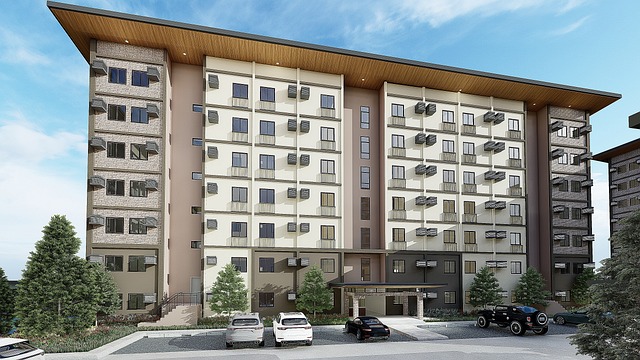
When considering an investment in an Executive Condominium (EC) resale, understanding the Resale Price Mechanism (RPM) is crucial for prospective buyers and investors alike. The RPM is designed to ensure fairness by adjusting the resale prices of EC units based on the remaining lease term. As the lease decays over time, the quantum of the reduction increases, which can affect the long-term viability of your investment. Initially, for the first 10 years, if you purchase an EC resale with a lease duration of more than 56 years, the remaining lease will be reduced to 56 years, mirroring the original lease upon the initial purchase. This adjustment is applied and can affect the market value of the property.
Furthermore, from year 10 onwards, the reduction in the lease term accelerates, with a one-month reduction for every year passed beyond the 10th anniversary. This means that the resale price will be further reduced to account for the diminishing lease length. Investors should be mindful of this mechanism as it directly impacts the valuation of their EC investment. The RPM is a key factor in assessing the potential appreciation of an EC unit and should be carefully considered alongside other market trends and factors influencing property value. Prospective buyers should engage with real estate professionals who can provide insights into how the RPM will affect their specific EC resale, ensuring they make informed decisions about their investment.
CPF Usage for ECs: What You Need to Know About Your Retirement Account Funds

When considering the purchase of an Executive Condo (EC) in Singapore, understanding how your Central Provident Fund (CPF) savings can be utilized is crucial for both current and long-term financial planning. For Singaporean couples looking to purchase a resale EC under the Build-To-Order (BTO) scheme, it’s important to be aware of the CPF usage rules specific to such properties. As of the latest regulations, both first-timer and second-timer applicants are allowed to use their Ordinary Account (OA) funds to finance the purchase of an EC, subject to certain limitations. The maximum amount that can be used from one’s OA for an EC is the lower of $120,000 or 75% of the purchase price of the flat, whichever is higher. This policy applies regardless of whether the EC is a new unit from the Housing & Development Board (HDB) or a resale unit in the open market.
Furthermore, when it comes to retirement, the use of CPF savings becomes pivotal. The funds in your Medisave Account (MA) can be used to pay for any healthcare expenses, including the Monthly Payment for MediShield Life premiums or out-of-pocket payments for Class B2 and C ward treatments in government hospitals or Class A wards in public hospitals. On the other hand, the Retirement Account (RA) savings are specifically earmarked for your retirement needs. For EC buyers, it’s essential to note that upon reaching the Full Retirement Age of 65 years old, you can start withdrawing from your RA. Additionally, from age 70, your RA will be automatically converted to an Escrow Account, where a portion of your RA savings will be set aside for your healthcare needs later in life, while the rest remains available for your daily use. Understanding these CPF usage rules is integral for managing your finances both before and after retirement, especially when considering the long-term implications of investing in an EC.
The Legal Framework: Regulations Governing the Resale of Executive Condos in Singapore
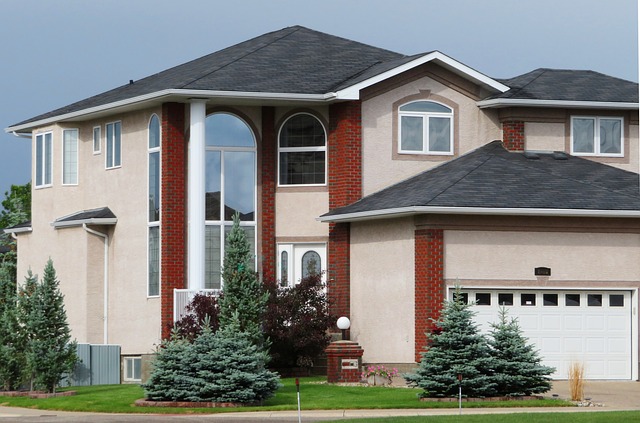
In Singapore, the resale of Executive Condos (ECs) is governed by a comprehensive legal framework established to ensure fair practices and protect the interests of buyers. Prospective purchasers looking into the EC resale market must navigate the Housing & Development Board (HDB) rules, as well as the criteria set forth by the Singaporean government for eligibility. These regulations are particularly stringent when it comes to the income ceiling for applicants, which is a key consideration in the EC BTO (Build-To-Order) landscape. To be eligible for an EC resale flat, applicants must satisfy the income criterion, among other requirements, which includes not having owned a private residential property within the preceding five years. The legal framework also mandates that all resale ECs must have been occupied by their owners for at least five years before they can be sold to another flat owner. This occupancy period is designed to provide stability and a sense of ownership, aligning with the long-term public housing policy objectives of the government. Additionally, resale ECs are subject to the same minimum occupation period as new ECs before they can be sold again, ensuring a consistent approach to property development and management within this specific segment of the housing market. These regulations aim to balance the supply of public housing with the dynamic needs of Singaporean families, providing clarity and guidance for both buyers and sellers in the EC resale market.
When considering the acquisition of an Executive Condominium (EC) in Singapore, understanding the nuances between a Build-To-Order (BTO) and resale EC is crucial for prospective homeowners. This article has demystified the eligibility criteria, ownership rules, and financial aspects involved in both new and resale EC purchases. From the legal framework governing these residences to the Resale Price Mechanism that influences investment value, potential buyers are now equipped with a comprehensive understanding of the EC market. Whether opting for a BTO or a resale unit, this guide has outlined the necessary steps and considerations to make an informed decision. Prospective EC owners should refer to the detailed information provided herein to navigate their journey smoothly. Remember that the Singaporean housing landscape offers diverse options, and with the right knowledge, you can confidently select an EC that suits your needs and financial planning.
